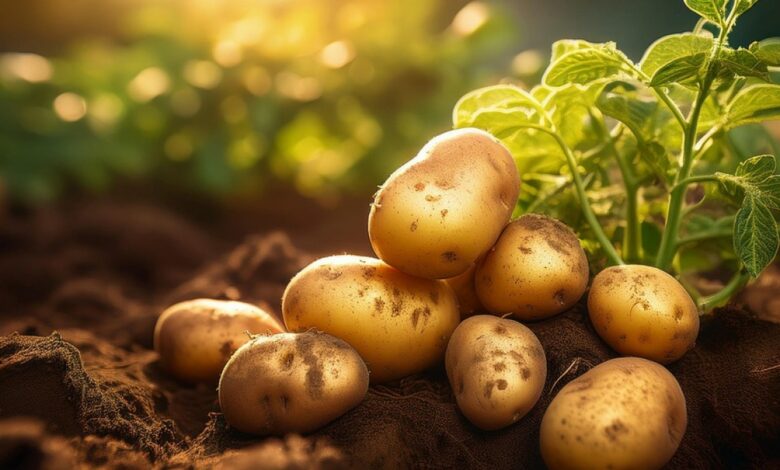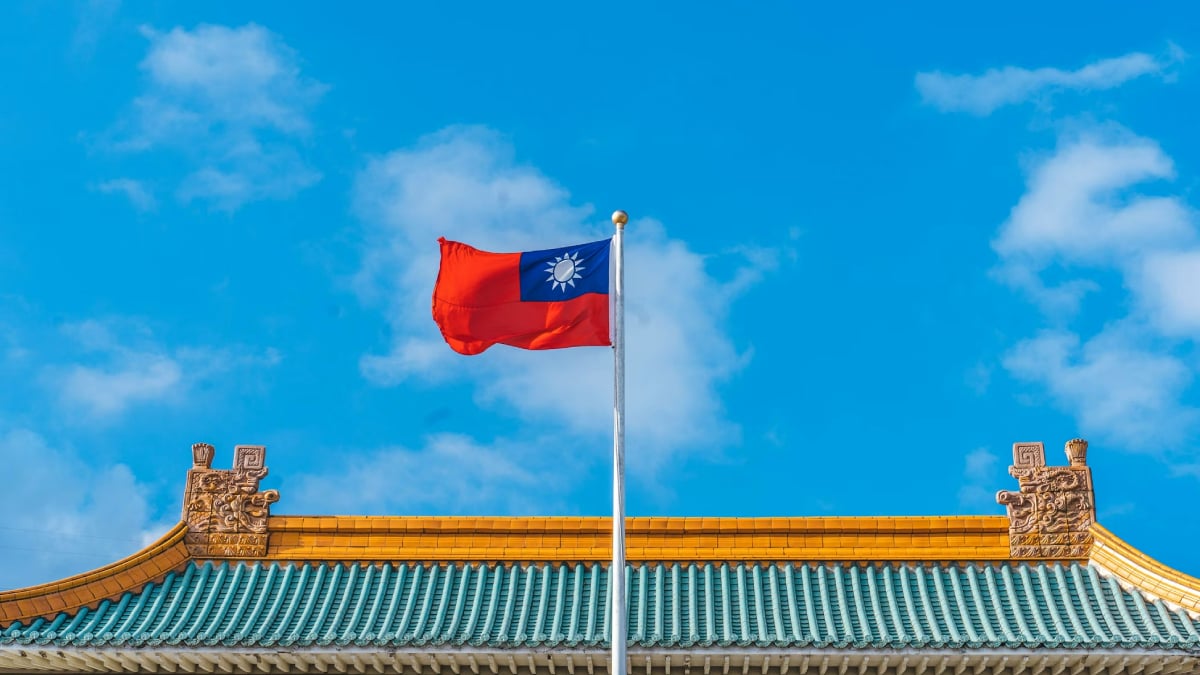China may be trying to protect its potatoes from the effects of climate change

Chinese scientists are reportedly racing against time to protect potatoes, a vital global food crop, from the negative impacts of climate change. Research conducted at the International Potato Center (CIP) in Beijing is said to have revealed an alarming decline in potato yields when exposed to higher temperatures. Potatoes grown under simulated conditions, which replicate future climate scenarios, weigh less than half of typical varieties in China, underscoring the urgent need for adaptation strategies.
Research results emphasize the urgency
The study, published in the journal Climate Smart Agriculture and detailed in Reuters reportdescribes a three-year project led by molecular biologist Li Jieping. Potatoes grown under temperatures 3 degrees Celsius above the current average in Hebei and Inner Mongolia experienced a yield reduction of more than 50 percent. Li Jieping told the publication that accelerated tuber growth came at the expense of size and weight, raising concerns about future food security in China, the world’s largest potato producer.
Climate challenges threaten production
Farmers in Inner Mongolia are already witnessing the effects of climate change, including erratic rainfall that delays harvests and worsens crop diseases. Wang Shiyi, manager at Hebei Jiuen Agricultural Development Company, reported that heavy rains significantly delayed harvesting efforts this year.
Yakeshi Senfeng Potato Industry Company general manager Li Xuemin reportedly said that diseases such as Phytophthora, which thrive in warm and humid conditions, are becoming increasingly resistant to traditional control measures.
Developing climate-proof solutions
To tackle these challenges, Chinese researchers are reportedly using advanced techniques such as aeroponics and genetic studies to develop heat-tolerant and disease-resistant potato varieties, sources said. At a research facility in Yanqing, Beijing, workers would propagate potato plants under controlled conditions. Li Jieping told the publication that changes in agricultural practices, including shifting planting seasons and moving to higher altitudes, may be necessary within the next decade to limit yield losses.
The researchers reportedly claim that without immediate interventions, both farmers’ livelihoods and potato prices could be seriously affected if global temperatures continue to rise.




